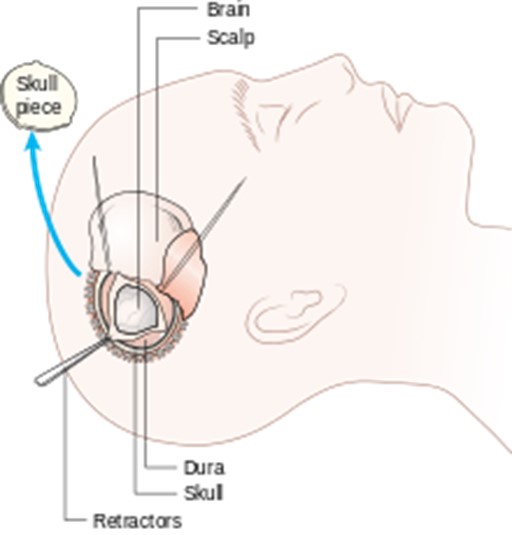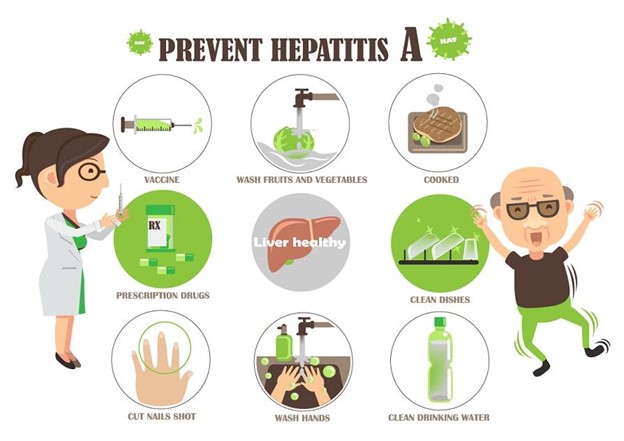A nurse is monitoring a client for findings related to diabetes insipidus following a craniotomy. Which of the following findings should indicate a manifestation of this condition to the nurse?
Hypertension
Fluid retention
Elevated blood glucose
Increased urine output
The Correct Answer is D
Choice A Reason: Hypertension is not a common finding in diabetes insipidus, but it may indicate increased intracranial pressure or other complications.
Choice B Reason: Fluid retention is not a common finding in diabetes insipidus, but it may indicate syndrome of inappropriate antidiuretic hormone secretion (SIADH) or heart failure.
Choice C Reason: Elevated blood glucose is not a common finding in diabetes insipidus, but it may indicate diabetes mellitus or hyperglycemia.
Choice D Reason: Increased urine output is a common finding in diabetes insipidus, as the lack of antidiuretic hormone (ADH) causes the kidneys to excrete large amounts of diluted urine.

Nursing Test Bank
Naxlex Comprehensive Predictor Exams
Related Questions
Correct Answer is C
Explanation
Choice A Reason: Drinking white wine, not red, is not an indication that the client understands the instructions, as both types of wine are high in purine and may trigger gout attacks.
Choice B Reason: Limiting the number of fruit servings I eat each day is not an indication that the client understands the instructions, as most fruits are low in purine and may help to lower uric acid levels.
Choice C Reason: Avoiding eating organ meats is an indication that the client understands the instructions, as organ meats are very high in purine and may increase uric acid levels and cause gout flare-ups.
Choice D Reason: Choosing red meat instead of poultry is not an indication that the client understands the instructions, as both red meat and poultry are high in purine and may worsen gout symptoms.

Correct Answer is C
Explanation
Choice A Reason: Sharing personal hygiene items like razors is not a common way of spreading hepatitis A, but it may transmit hepatitis B or C, which are blood-borne infections.
Choice B Reason: Unprotected sexual activity is not a common way of spreading hepatitis A, but it may transmit hepatitis B or C, or other sexually transmitted infections.
Choice C Reason: Eating uncooked foods is a common way of spreading hepatitis A, as the virus can contaminate food or water that has been exposed to fecal matter from an infected person.
Choice D Reason: Getting a tattoo is not a common way of spreading hepatitis A, but it may transmit hepatitis B or C, or other blood-borne infections, if the equipment is not properly sterilized.

Whether you are a student looking to ace your exams or a practicing nurse seeking to enhance your expertise , our nursing education contents will empower you with the confidence and competence to make a difference in the lives of patients and become a respected leader in the healthcare field.
Visit Naxlex, invest in your future and unlock endless possibilities with our unparalleled nursing education contents today
Report Wrong Answer on the Current Question
Do you disagree with the answer? If yes, what is your expected answer? Explain.
Kindly be descriptive with the issue you are facing.
